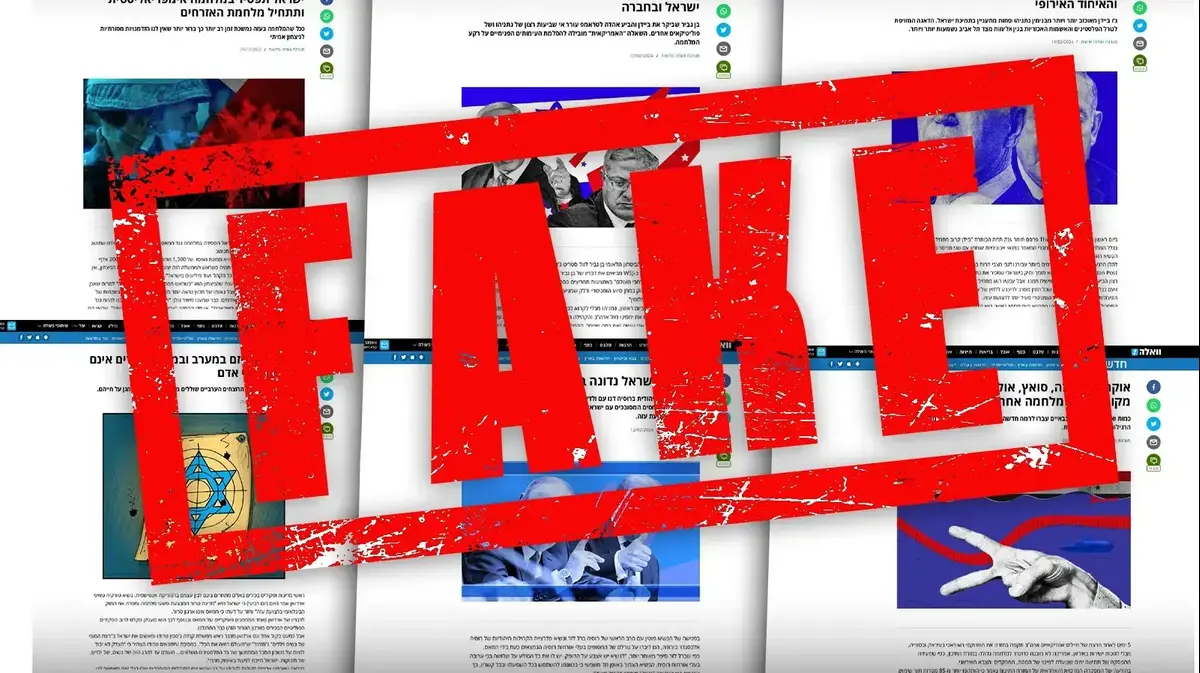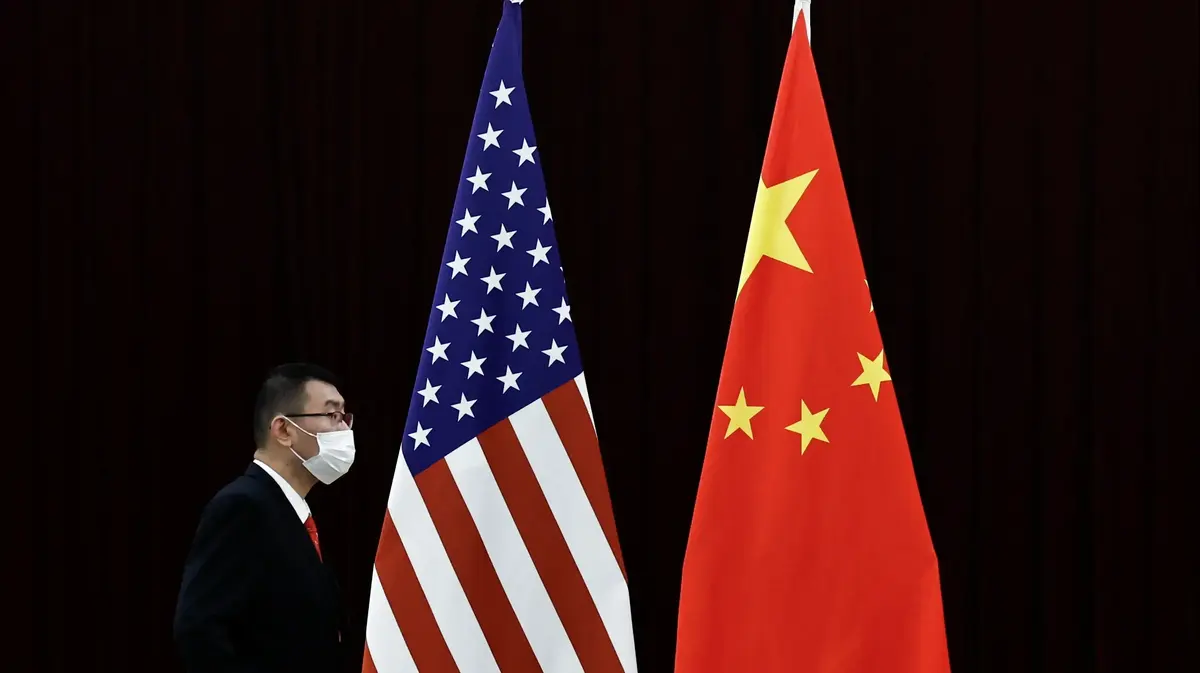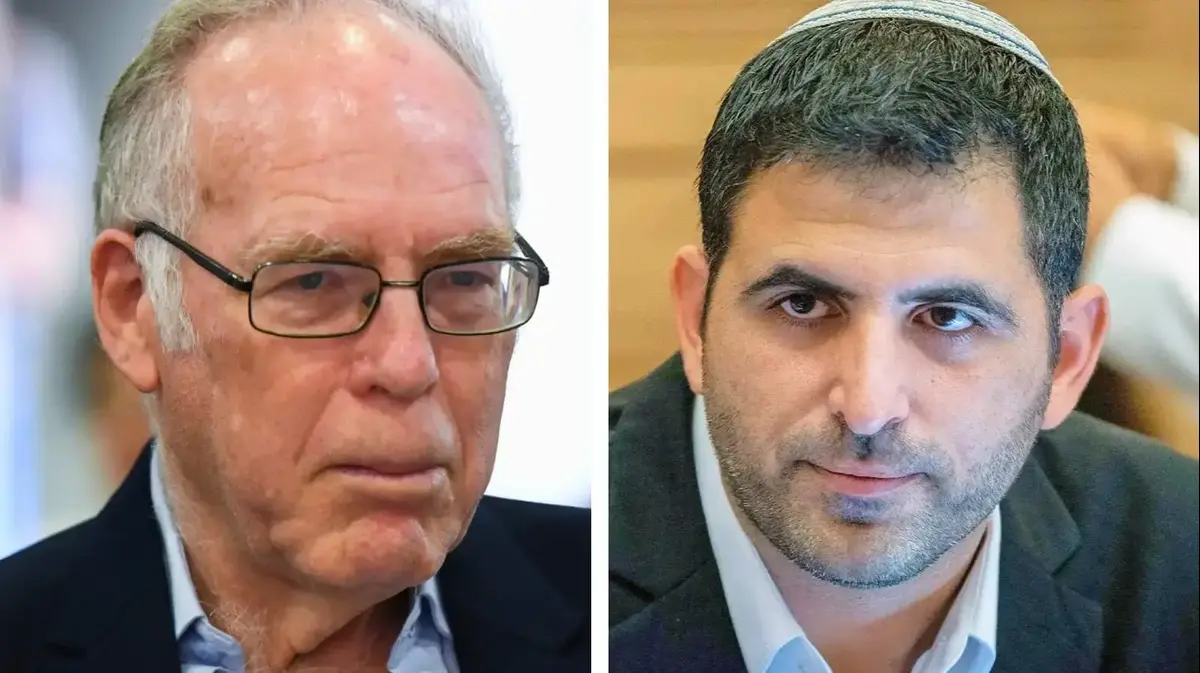Political situation
Written by: Lin Jian
2021-02-05 07:00
Last update date: 2021-02-05 07:00
Chief Executive Carrie Lam Cheng Yuet-ngor attended the question-and-answer meeting of the Legislative Council yesterday (February 4) and made five major recommendations, one of which is to establish a special law to prohibit the release of false information and false news.
However, she said that due to the sensitive issues, it is difficult to put forward comprehensive legislative proposals in the short term, and will deal with the more urgent "bottom" behavior first.
In the era of information explosion, fake information is a common problem faced by the whole world.
Overseas, some countries have tried to legislate against the spread of false news, such as Malaysia and Singapore, which are familiar to Hong Kong people.
However, at the actual implementation level, there will be a lot of controversy in legislation to combat fake news, because how to define a piece of news as "false" involves subjective judgments and usually involves sensitive political research and judgments, which must touch the dispute of freedom of speech.
In authoritarian countries, such laws may even be used as a tool to combat opposition.
In Malaysia, the relevant laws have only been implemented for more than a month, and they have been proposed to abolish due to excessive controversy.
Post-truth era: Fake news is prevalent in judging events based on emotions and positions
Internationally, the "post-truth era" has become an important keyword in recent years, which means that in political disputes, audiences tend to judge events based on emotions and political positions rather than evidence. Even if evidence appears, audiences will continue to question undesirable " "Evidence" is forged.
In short, first have a conclusion, and then look for "evidence" to support it. What is "truth" is all based on your own likes and dislikes.
In Hong Kong, the society was torn apart under the anti-revision law incident, and there were many incidents in which opposing camps were smeared through false news.
For example, in the "Top Ten Rumors" survey published by the Federation of Trade Unions in October last year, many of the examples cited by the pro-organizational interviewees were indeed unfounded, leading to increased social sentiment. For example, the "8.31 Prince Edward Station Incident" "Killed to death", "Chen Yanlin case was confessed by a fake mother", "DNA will be sent after universal testing", etc.
In Singapore, the local government has introduced the Protection from Online Falsehoods and Manipulation Act (POFMA) in October 2019, allowing the government to "correct" online information they believe is false.
According to the law, if an individual publishes fake news "in violation of the public interest", he will be imprisoned for up to 5 years and fined up to 500,000 SGD (approximately HK$2.91 million); if the fake news is published through a fake account or automatic software program, it will be He was fined up to S$1 million (approximately HK$5.82 million) and imprisoned for up to 10 years.
If the relevant online platform refuses to remove/change the content, it will face a maximum of 1 year in prison and a fine of S$20,000 (approximately HK$116,000).
In theory, the usefulness of such anti-fake news laws is to prevent the spread of false information.
During the 8.31 Prince Edward Station incident, the police were suspected of using excessive force to affect non-demonstrators and passengers.
However, supporters of the pro-democracy faction accused the police of "killing people," which is groundless.
(Profile picture)
Potential problem: What is "fake news"? Subjective judgment by law enforcement
However, when the law is actually implemented, the potential problems may outweigh the benefits.
First, the so-called "fake news" itself is difficult to have an objective definition. There are too many gray areas. It may be any news that the audience does not like and does not cater to its own position. This involves subjective judgment.
When laws are enforced by the government, or there is a potential conflict of interest, it is easy to be questioned as politically motivated.
In fact, after the Singaporean government enacted legislation, related disputes occurred from time to time.
For example, at the end of November 2019, Brad Bowyer, a member of the opposition Singapore Kadima Party, posted a post on Facebook questioning the independence of Temasek Holdings and the Singapore Government Investment Corporation, and was immediately accused of false information by the government and requested to modify the content.
Bowyer changed the post afterwards and attached a link to the government statement, reminding those commenting on domestic political and social issues to be cautious, but reserves the right to appeal.
In the incident, Bowyer made "comments" rather than statements of fact.
In fact, Temasek is held by the Singapore government, and it has implemented some “will of the chief” policies for the Singapore government from time to time, such as the comprehensive acquisition of the Singapore Mass Transit Railway (SMRT) in 2016.
Therefore, there are voices from the local opposition that Bowyer’s comments have a certain factual basis, and whether they agree or not is just a judgment of position.
The government’s approach has been questioned in suppressing opposition voices.
In addition, a piece of news "lack of sufficient evidence" and "false" are two different concepts.
For example, a citizen complained that he was treated roughly in the police station, but it was difficult to verify because there was no CCTV footage at the scene of the crime, or the relevant footage had been destroyed.
But can this prove that this is "fake news", accusing the person of "maliciously spreading rumors"?
Malaysia once banned fake news, but due to excessive controversy, the party was abolished after the rotation.
(Profile picture)
Malaysia's legislation accused of facilitating the election of the ruling party
In Malaysia, the government of the former Prime Minister Najib Najib passed the Anti-Fake News Act in April 2018, one month before the general election. However, it has attracted the attention of different people and human rights organizations at home and abroad. They believe that the law targets the opposition more than fake news. , And on the eve of the May general election to suppress the voice of the opposition to facilitate the election of the ruling National Front.
In March of that year, Hongyan Films, which invested in the filming of "Wall Street Werewolves," reached a settlement with the US Department of Justice on the 1MDB case, and the owner of the Red Rock Company was Najib's stepson. The investigation revealed that the funds came from 1MDB.
The 1Malaysia incident has put Najib under tremendous pressure and has repeatedly refuted the reports of the 1Malaysia case as "fake news."
The 1Malaysia scandal coupled with the approaching elections, Najib's rapid legislation during this period not only failed to resolve the scandal, but also provoked more accusations.
In May of the same year, the rotation of political parties was achieved after the general election. The Pakatan Harapan government immediately initiated the repeal of the law after it came to power, and it was abolished in the third reading of the House of Commons in August of that year.
After a round of debates between the upper and lower houses, the law was formally repealed in December 2019.
Lin Zhuoting was injured in the July 21 incident, and Lan Ying accused the incident that Lin brought people into Yuen Long to make trouble.
But the claim is unfounded, and there is evidence that Lin Cheuk Ting did not know that there was violence in Yuen Long beforehand.
(Profile picture)
The law enforcement standards are dubious: the blue camp also has false information, the government has never condemned
The bigger problem lies in law enforcement standards.
From the above, whether a matter is "true" or "false" involves very subjective judgments and even political elements.
And because relevant laws are always enforced by the government, it is difficult not to be subject to political accusations.
For example, there have been many accusations against the government in Hong Kong over the past two years of disinformation, but there are also many accusations involving false information criticizing the democrats or drawing conclusions without sufficient evidence. For example, some people accused 8.11 Tsim Sha Tsui of a girl who was shot with eyes. He once "sent money to encourage demonstrators" at other demonstrations (some netizens compared their appearances and pointed out that the relevant clip "points wrong, the two are different people"), the 7.21 attack originated from the Democratic Party former legislator Lin Zhuoting bringing people into Trouble in Yuen Long (Lin arrived at the scene after learning of the violence in Yuen Long that night), etc.
However, the Hong Kong government has rarely condemned such rumors since the incident of the Hong Kong government's self-regulation.
In the press release issued by the government for clarification and public statements, the "fake news" repeated was entirely rumors spread around Huang Ying.
Even to a certain extent, these rumors will create an environment of public opinion and bring practical harm to the democrats.
For example, under Lan Ying's continued accusation that Lin Zhuoting was "the culprit on July 21," Lin was actually arrested for "participating in a riot" in August last year, causing a social uproar.
Therefore, once Hong Kong really enacts legislation to combat "fake news," the objective facts will inevitably arouse some people's doubts about whether there will be an unfair situation in the future: some rumors spread by Huang Ying to discredit the government and establishment will be dealt with quickly; but by Rumors spread by the blue camp that favor the government and discredit the democrats will be treated with mercy or even a certain degree of "acquiescence"?
The development of social media has contributed to the spread of fake news.
(Profile picture)
In short, fake information is a significant problem in society, and governments and social platforms around the world are looking for ways to solve it.
However, the government-level legislation prohibiting the release of "fake information" and using public power to deal with the information publishers is believed to cause more potential political disputes than the law.
In Hong Kong, the government has been exhausted in the face of the epidemic and the turmoil of legislative amendments. At this time, highly controversial laws are put forward, adding instability to the political situation at any time.
Let's see if Lam Cheng plans to deal with this hot potato before completing his first term.
Lam Cheng mentions five major legislative proposals for district councilors to take an oath and introduce non-locally trained doctors
Carrie Lam issued a statement to support the five major measures including the fight against the "bottom"
The first anniversary of the amendments | Mud wrestling in the post-truth era 7.21, 8.31 rumored original appearance
01News
01 Policy Analysis Fake News Carrie Lam Malaysia Singapore


/cloudfront-eu-central-1.images.arcpublishing.com/prisa/OCS7V4Q6YKB6UMI76BXPPNGQJE.jpg)












